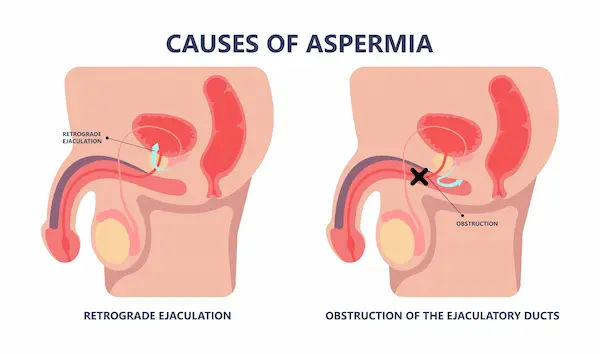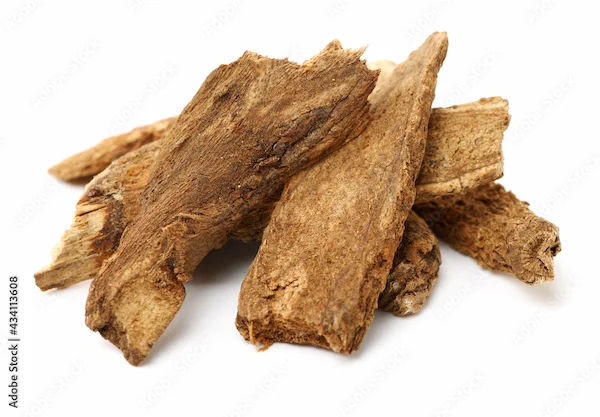Lyme Disease Overview and Management
Learn about Lyme disease, its causes, early and late-stage symptoms, and how it spreads through tick bites. Explore diagnostic methods, treatment options, and prevention tips for effective management.


Introduction
Lyme disease is an infection caused by bacteria called Borrelia burgdorferi, which spreads through the bite of infected black-legged ticks (also known as deer ticks). If not treated early, it can lead to serious health problems affecting the joints, heart, and nervous system. The good news is that with proper awareness and timely treatment, Lyme disease can be managed effectively.
Understanding Lyme Disease
Lyme disease is transmitted through the bite of an infected tick. These ticks are tiny—often the size of a poppy seed—making them hard to spot. They are commonly found in grassy, wooded areas, especially in regions like North America, Europe, and some parts of Asia.
Not all tick bites cause Lyme disease, but if the tick remains attached to your skin for more than 24-48 hours, the risk increases.
Common Symptoms of Lyme Disease
Symptoms can vary and usually appear in stages:
Early Stage (3-30 days after a tick bite)
A bull’s-eye rash (Erythema migrans): A red, expanding rash with a clear centre (though not everyone gets this).
Fever, chills, fatigue.
Headache, muscle and joint pain.
Swollen lymph nodes.
Later Stage (if untreated)
Severe joint pain and swelling (especially knees).
Neurological problems (tingling, numbness, facial paralysis, memory issues).
Heart palpitations or irregular heartbeat (Lyme carditis).
Consult Top Specialists for Personalised Tips
How Lyme Disease Affects Your Health?
If left untreated, Lyme disease can lead to:
Chronic joint inflammation (Lyme arthritis).
Nerve damage (neuropathy, meningitis).
Heart rhythm problems.
Persistent fatigue and cognitive difficulties (sometimes called "Post-Treatment Lyme Disease Syndrome").
How Is Lyme Disease Diagnosed?
Doctors diagnose Lyme disease based on:
1. Symptoms & Tick Exposure History: If you’ve been in tick-prone areas and develop symptoms.
2. Blood Tests: ELISA and Western blot tests detect antibodies against Lyme bacteria. (Note: Early infections may not show up in tests immediately.)
If you suspect Lyme disease, consult a doctor immediately—early treatment prevents complications.
Treatment and Management
Here’s how you can treat and manage lyme disease:
Medical Treatment
Antibiotics (Doxycycline, Amoxicillin, or Cefuroxime) are prescribed based on the stage of infection.
Early treatment (within weeks of infection) leads to a full recovery in most cases.
For late-stage Lyme, longer antibiotic courses or IV antibiotics may be needed.
Self-Care and Prevention Tips
Since prevention is key, follow these steps:
1. Avoid Tick Bites
Wear long sleeves, pants, and socks in wooded/grassy areas.
Use tick repellents (DEET or permethrin-treated clothing).
Check for ticks after outdoor activities—especially armpits, scalp, and groin.
Shower within 2 hours of coming indoors to wash off unattached ticks.
2. Proper Tick Removal
Use fine-tipped tweezers to grasp the tick close to the skin.
Pull straight upward without twisting.
Clean the bite area with soap and water.
3. Strengthen Your Immune System
Eat a balanced diet (rich in fruits, vegetables, lean proteins).
Stay hydrated and get enough sleep.
Manage stress (yoga, meditation, light exercise).
4. Monitor Symptoms
If you develop flu-like symptoms or a rash after a tick bite, see a doctor.
When to Seek Medical Help?
Consult a healthcare provider if:
You’ve been bitten by a tick and develop symptoms.
You have unexplained fever, joint pain, or neurological issues after potential exposure.
Early intervention is crucial—don’t wait for symptoms to worsen.
Can Lyme Disease Be Cured?
Yes! Most people recover fully with antibiotics. However, some may experience lingering symptoms (fatigue, muscle pain), known as Post-Treatment Lyme Disease Syndrome (PTLDS). In such cases, doctors may recommend symptom management strategies.
Conclusion
Lyme disease is preventable and treatable if caught early. By taking precautions, recognising symptoms, and seeking timely medical care, you can protect yourself and your loved ones.
If you suspect Lyme disease or need guidance, consult a specialist on Apollo 24|7 for expert advice and testing options. Stay safe and enjoy the outdoors responsibly!
Consult Top Specialists for Personalised Tips

Dr. Mohamed Azeem
General Physician/ Internal Medicine Specialist
2 Years • MBBS,MD(Internal Medicine) CCEBDM
Karaikudi
Apollo Hospitals Karaikudi, Karaikudi

Dr. Aakash Garg
Gastroenterology/gi Medicine Specialist
12 Years • MBBS, DNB (Medicine), DrNB (Gastroentrology).
Bilaspur
Apollo Hospitals Seepat Road, Bilaspur
(125+ Patients)

Dr. Thirupathy K S
General Physician/ Internal Medicine Specialist
11 Years • MD
Karaikudi
Apollo Hospitals Karaikudi, Karaikudi
(75+ Patients)

Dr. Nirmal Mathew Alex
General Physician/ Internal Medicine Specialist
17 Years • MBBS, MD(general medicine)
Angamaly
Apollo Hospitals Karukutty, Angamaly
(50+ Patients)

Dr. Anand Misra
General Physician/ Internal Medicine Specialist
17 Years • MBBS, DNB (Internal Medicine)
Mumbai
Apollo Hospitals CBD Belapur, Mumbai
(175+ Patients)


.webp)

